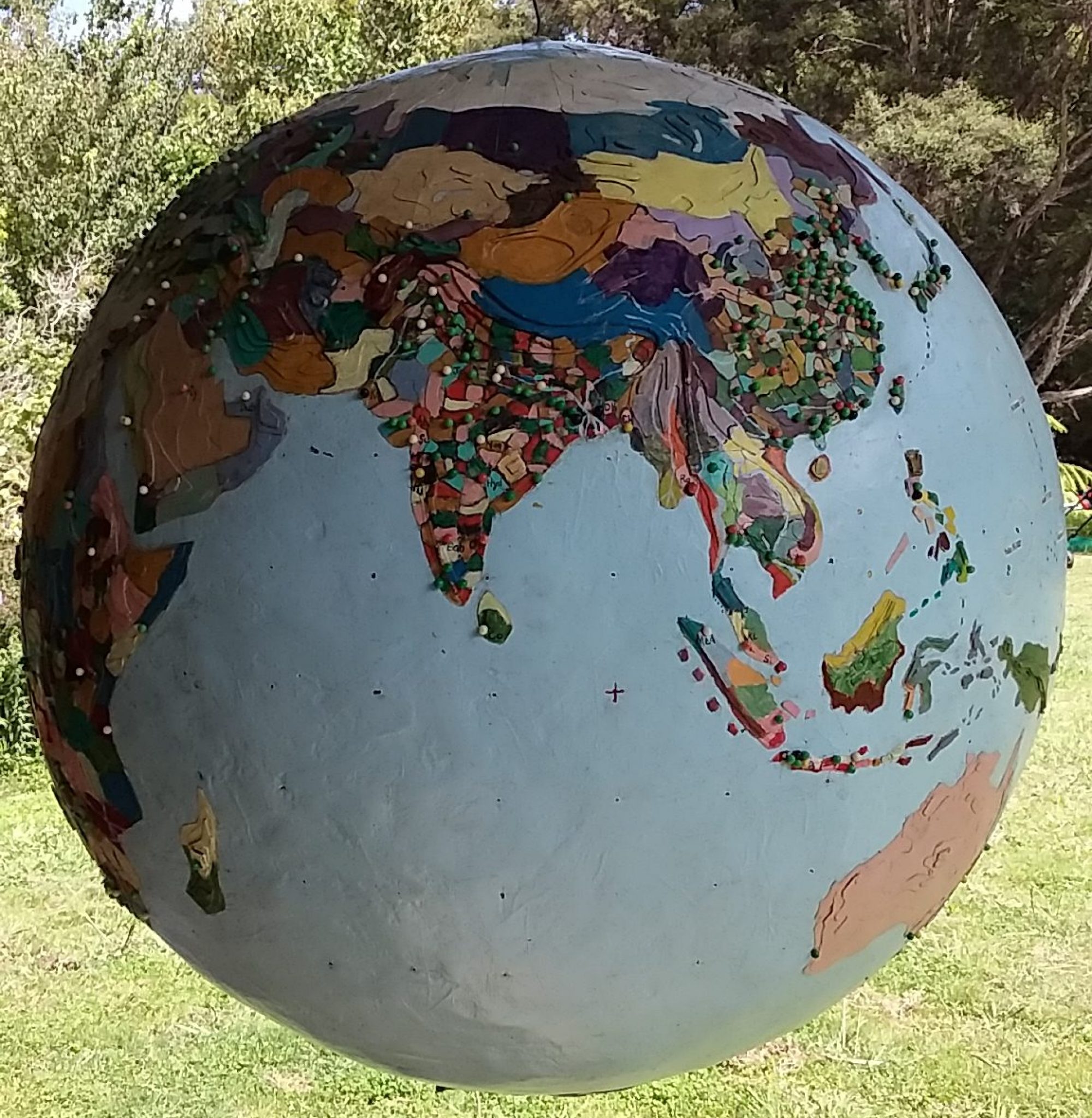Leo Hollis in Cities Are Good For You (Bloomsbury 2013) sets out the counterintuitive argument that cities are good for the environment for several reasons – the more dense the population, the less impact per head of population.
One of the world’s densest concentrations of humans is in the Chungking Mansions; six city blocks covered with twelve storey buildings at the bottom of Nathan Road in Hong Kong, China.
Built in the 1960s as apartments, they were on-sold first block-by-block, next the floors and then even the rooms were sold, so that now no one has clear title.
The tiny guest houses there are some of the cheapest places to stay in Hong Kong and it is well worth experiencing what Time Magazine called: “The best example of globalisation in action”.
Described as a “postmodern Casablanca, all in one building” and “the ghetto at the centre of the world”, an anthropologist discovered that people from 120 countries pass through every year and that 20 percent of sub-Saharan cellphones have passed through the Chungking Mansions. You can find pretty much anything there including an Aussie from Adelaide running a dairy.
Hong Kong (population 7.2 million) is a perfect millisphere. While the millisphere of Helvetia (Switzerland) has the highest wealth per capita, Hong Kong has the highest average per capita income – as well as severe income inequality (work that out).
Hong Kong is a major global economic node, has the world’s fastest internet download speeds and is one of the People’s Republic of China’s two Special Administrative Regions (SAR). Under China’s “One country, two systems” arrangement, Hong Kong continues to run (for another 30 years at least) its own currency, civil service, police and courts, which follow English common law.
Hong Kong residents travel on a Hong Kong SAR passport but China is responsible for foreign affairs and defence and has a garrison of the People’s Liberation Army stationed at the Hong Kong barracks.
The mainly Chinese residents of Hong Kong differentiate themselves from mainland China by language; speaking Cantonese and English versus the Mandarin spoken by Beijing.
Since the takeover by Beijing in 1997 there have been moves to screen Hong Kong leadership candidates along communist party lines. A 1200-strong election committee of pro-Beijing elites chooses the Hong Kong chief executive, though recently 325 pro-democracy activists secured seats on the election committee, their ultimate aim being universal suffrage.
Reporters Without Borders (RWB) this year (2017) ranked 180 countries for the freedom of their press. China ranked near the bottom at 176, Hong Kong was down 4 at 73, compared with Taiwan at 45 – up 6.
RWB concerns in Hong Kong were the sale of the liberal South China Morning Post to the Chinese internet giant Alibaba and “self-censorship” by reporters exposed to threats of violence by communist party henchmen.
Pro-democracy elected representatives Yau Wai-ching and “Baggio” Leung have been barred from taking office because they refuse to swear allegiance to Beijing and, in recent months, there has been harassment of pro-independence activists in the lead up to the expected visit by Chinese president Xi Jinping on July 1, 2017 to mark the 20th anniversary of Britain’s handover of Hong Kong.
Hong Kong is only one of the 200-odd millispheres of China. It is estimated that more than 200 million peasant farmers (say 30 millispheres) have moved from the countryside to China’s cities to provide labour for the booming export economy.
The Chinese are expected to register where they live and to seek permission before they move, but hundreds of millions of workers have moved without the “hukou” (government record of household registration), effectively making them illegal immigrants and subject to exploitation by employers, corrupt party officials and their enforcers.
Xi Jinping is facing pressure from Hukou reform at home and he certainly doesn’t want the millisphere of Hong Kong going it alone – that would send a signal that you can stand up to Beijing and get away with it.
